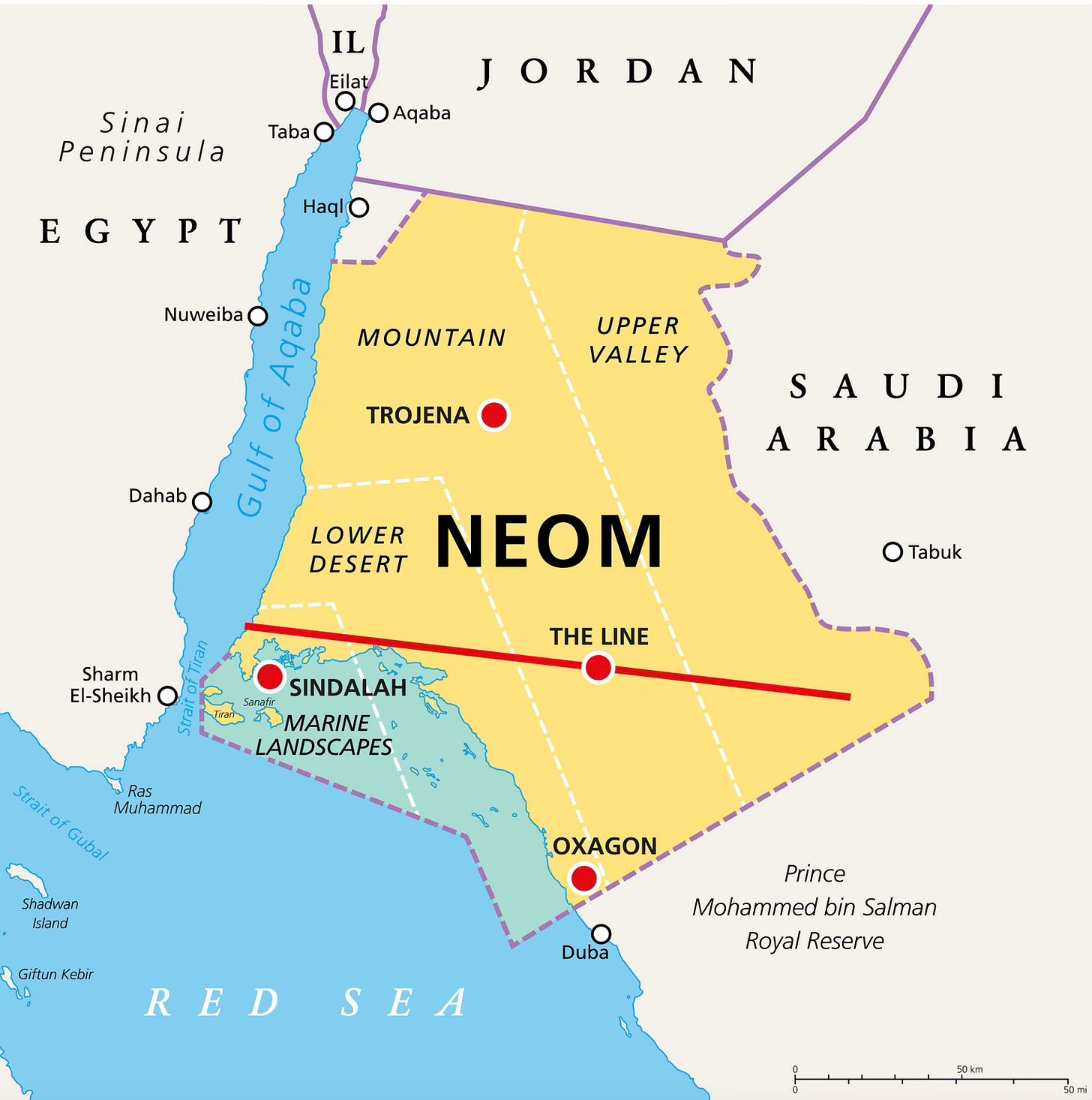Let’s be honest—tech trends can be noisy. Every year, a new technology captures our imagination (and our LinkedIn feeds), promising to transform life as we know it. In some cases, it delivers. In others, it fizzles out faster than a CES product launch. Remember Samsung’s VR headset?
But if we zoom out and think about what will actually matter in 2030, the picture gets clearer. It won’t be just about shinier phones or faster Wi-Fi. The tech that shapes our lives by 2030 will be the kind that tackles big, systemic challenges—healthcare, education, climate change, transportation, gaming, and how we interact with space and the oceans.
Here’s a glimpse into the tech that may truly transform our world by 2030.
1. Agentic AI: The Ultimate Co-Worker
By 2030, AI won’t just generate marketing copy or analyze data—it will autonomously run processes, make complex decisions, and learn continuously. Imagine a digital co-worker that improves your workflow while you sleep.
Companies will use agentic AI to optimize supply chains, personalize customer experiences, and even identify unmet needs to create entirely new product lines.
Challenge: As AI takes on more responsibility, ensuring accountability and transparency will be critical.
2. Personalized Medicine at Scale
The future of healthcare will be deeply personal. By 2030, genetic sequencing, AI-driven diagnostics, and wearable tech will allow for treatments tailored to each individual’s biology. CRISPR gene editing will even make it possible to treat diseases at the genetic level.
Disease detection will happen before symptoms appear, and preventative care will be hyper-customized. Full-genome scans could become routine, helping people live longer, healthier lives.
Challenge: Balancing innovation with strong data privacy protections will be key.
3. Space Tech: The Final Frontier Becomes Reality
Space travel is on the cusp of going mainstream. By 2030, commercial space tourism may be more accessible. Companies like SpaceX and Blue Origin are already pushing the boundaries of human spaceflight.
NASA’s Europa Clipper mission will explore Jupiter’s moon for signs of life, while satellite-based internet, asteroid mining, and space-based energy solutions will expand how we use space as an extension of our economy.
Challenge: Managing space debris and ensuring international cooperation will be essential to avoid future conflicts.
4. Cities of Tomorrow: Reimagining Urban Life
The way we think about cities will radically change by 2030. Visionary projects like NEOM in Saudi Arabia and Singapore’s Smart Nation Initiative offer glimpses into urban environments built around AI-driven infrastructure, modular architecture, and green technology.
Cities will become adaptive ecosystems, designed to respond to environmental pressures and changing needs.
Challenge: Balancing the complexity of smart cities with security and resource efficiency will require ongoing innovation.
5. Sports and Gaming Tech: The Future of Fan Experiences
Sports and gaming are converging like never before, blending live events, augmented reality (AR), and gaming platforms to redefine how fans experience the action.
In live sports, AR will enhance the fan experience with real-time overlays. Formula One fans will see predictive pit-stop strategies and live tire performance data, while FIFA World Cup and NFL stadiums will offer player heatmaps, instant replays, and game insights through mobile devices and smart glasses. AR wayfinding and mobile concessionswill simplify the fan journey.
On the gaming side, platforms like Roblox and Fortnite will evolve into virtual sports arenas, allowing fans to gather, watch live events, and compete in interactive experiences. E-sports tournaments will combine virtual spectator experiences with live AR interactions, creating hybrid entertainment for the next generation of fans.
Smart stadiums will become fully connected ecosystems, with ultra-fast 5G, AI-driven crowd management, and personalized content feeds that turn every seat into a front-row experience.
Challenge: Balancing innovation with designs that are not too distracting will ensure these technologies enhance rather than overwhelm the experience.
6. Transportation: The New Mobility Revolution
By 2030, self-driving cars, autonomous drones, high-speed trains, and smarter planes will make travel faster, safer, and more efficient. Cities will redesign themselves around these modes of transport, turning today’s traffic congestion into tomorrow’s seamless AI-driven traffic flow.
Challenge: Cybersecurity and environmental impacts will need to be addressed as autonomous systems scale.
7. Education Tech: The Personalized Learning Era
Education will shift to AI-driven, personalized learning experiences. Classrooms will become immersive environments powered by virtual and augmented reality, allowing students to experience everything from ancient history to deep-sea biology.
Challenge: Expanding infrastructure to meet the growing demand for advanced learning will be essential.
8. Robotics: Beyond Automation
Robots will be everywhere by 2030. Home robotics will assist with cleaning, cooking, and elder care, while cobots (collaborative robots) will work alongside humans in healthcare, logistics, and precision manufacturing.
Challenge: Preparing the workforce for new roles in a robotic world will require investment in retraining programs.
9. Climate Tech and Ocean Innovation
The real breakthroughs in climate tech will come from ocean innovation—harnessing the power of our oceans to generate energy, capture carbon, and restore ecosystems. Companies like Running Tide are already pioneering autonomous vessels for carbon sequestration.
Expect innovations in wave energy, deep-sea mining, and autonomous ocean-cleaning drones.
Challenge: Ensuring sustainable practices will be crucial to avoid disrupting marine ecosystems.
10. The “Everything App”: A New Integrated Digital Lifestyle
By 2030, everything apps—platforms combining messaging, payments, commerce, and social media—will dominate. X (formerly Twitter) is moving in this direction, inspired by China’s WeChat, which serves as a digital Swiss Army knife.
Challenge: Concentrating so much power into a single app will raise concerns around monopolies and data privacy.
Timing Is Everything
If there’s one truth about technology, it’s that timing is everything. You can have the most innovative product, but if it’s too early—or too late—you’ll miss the moment.
Consider the Segway—a revolutionary technology that failed due to high costs and limited infrastructure. In contrast, cloud computing initially faced skepticism but is now the backbone of the digital economy.
Some technologies shaping 2030 are already here, waiting for the right combination of infrastructure, policy, and demand to unlock their potential.
So, What’s Worth Our Attention Now?
The winners in 2030 won’t just predict the future—they’ll balance vision with pragmatism, building technologies that scale and adapt to real-world needs.
If we get it right, the best tech of 2030 won’t just change industries—it will change lives. From personalized medicine and robotics to autonomous mobility, ocean tech, and everything apps, the future will be shaped by those who aim high, build smart, and never lose sight of timing and practicality.
Let’s Continue the Conversation
I’d love to hear your thoughts. If you’re interested in exploring how these emerging technologies can impact your business, please reach out at greg@gkdigitalventures.com.







Good broad selection of trends. It’s incredible how rapidly robotics has progressed in the past five years. And now with AI advances, they are going to become conversant